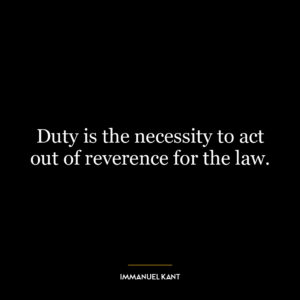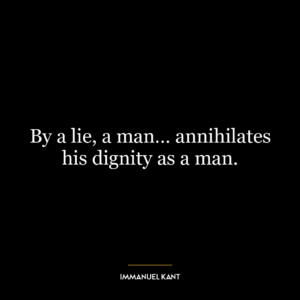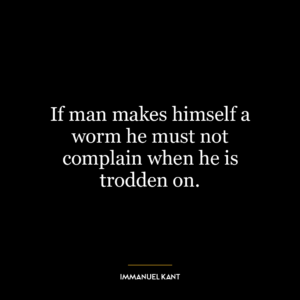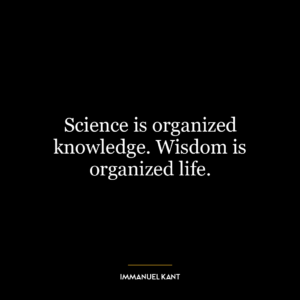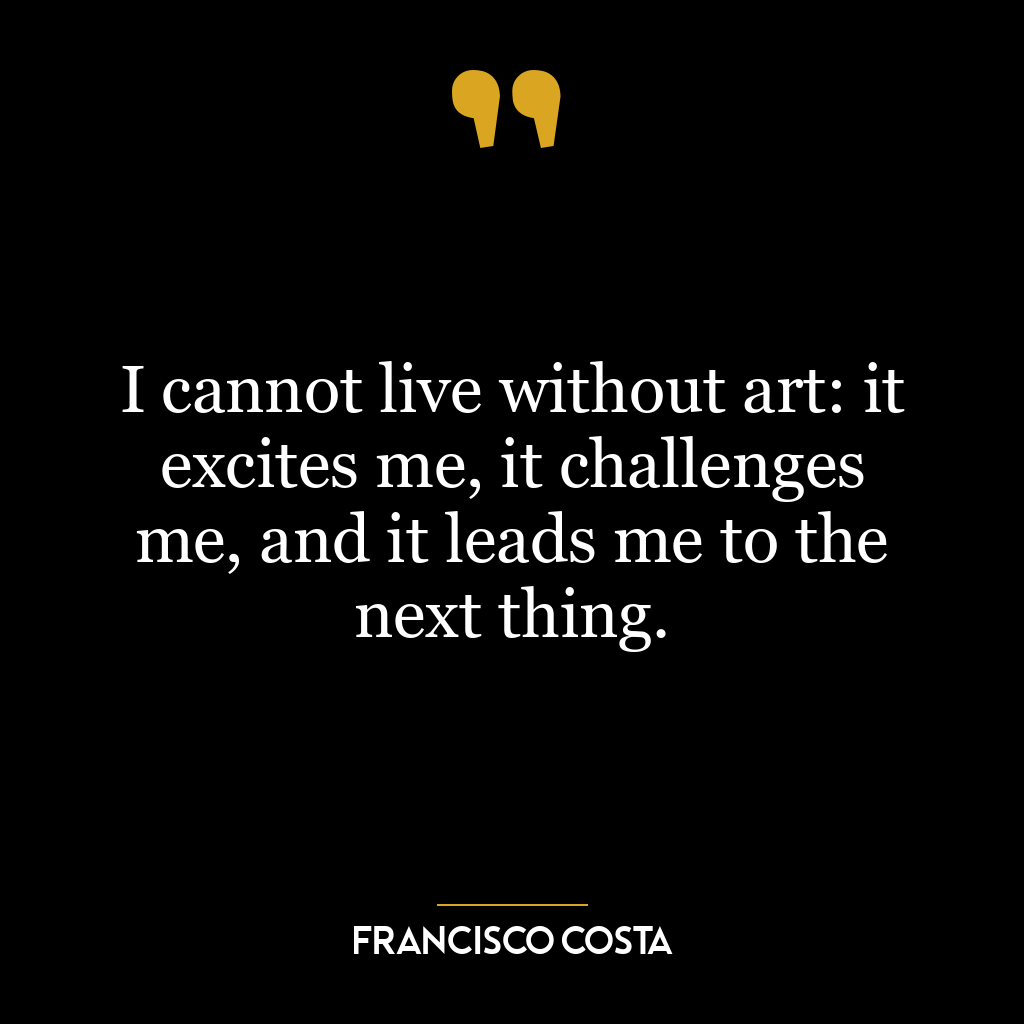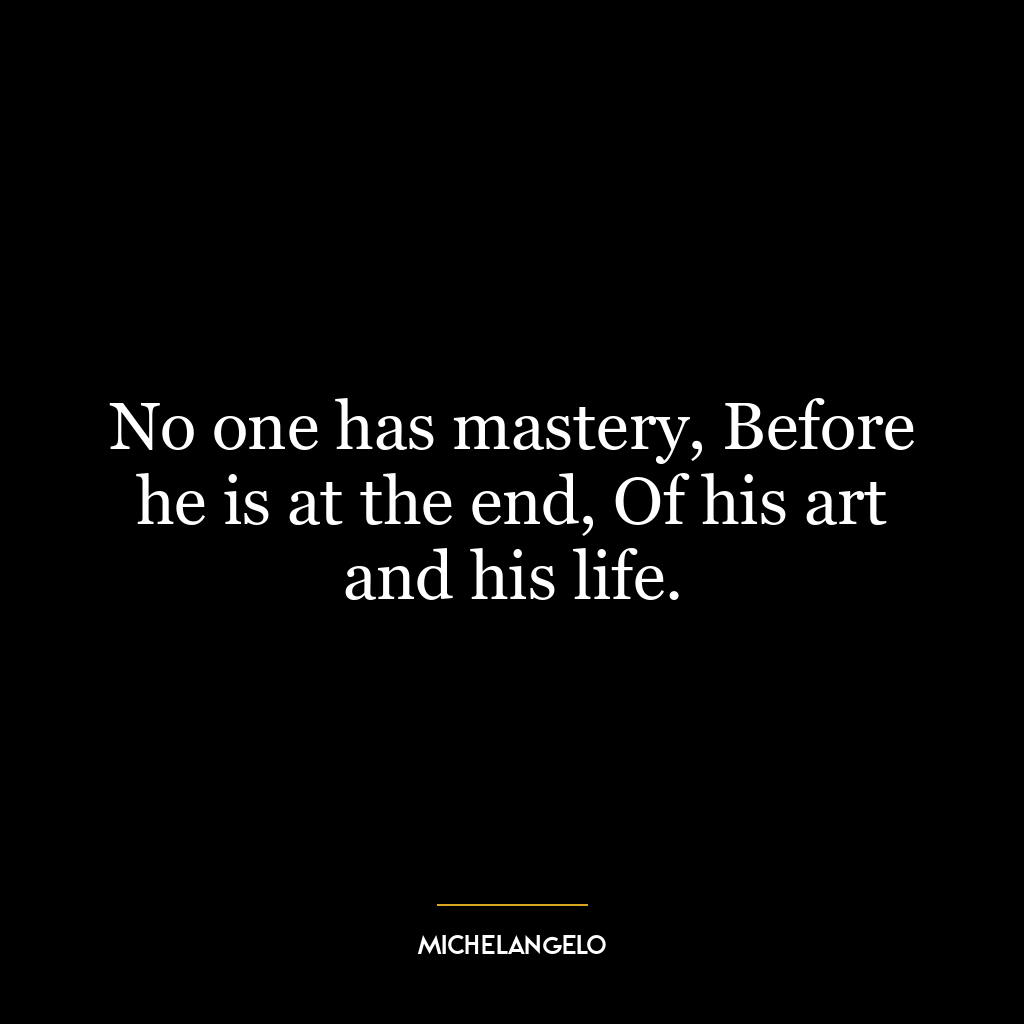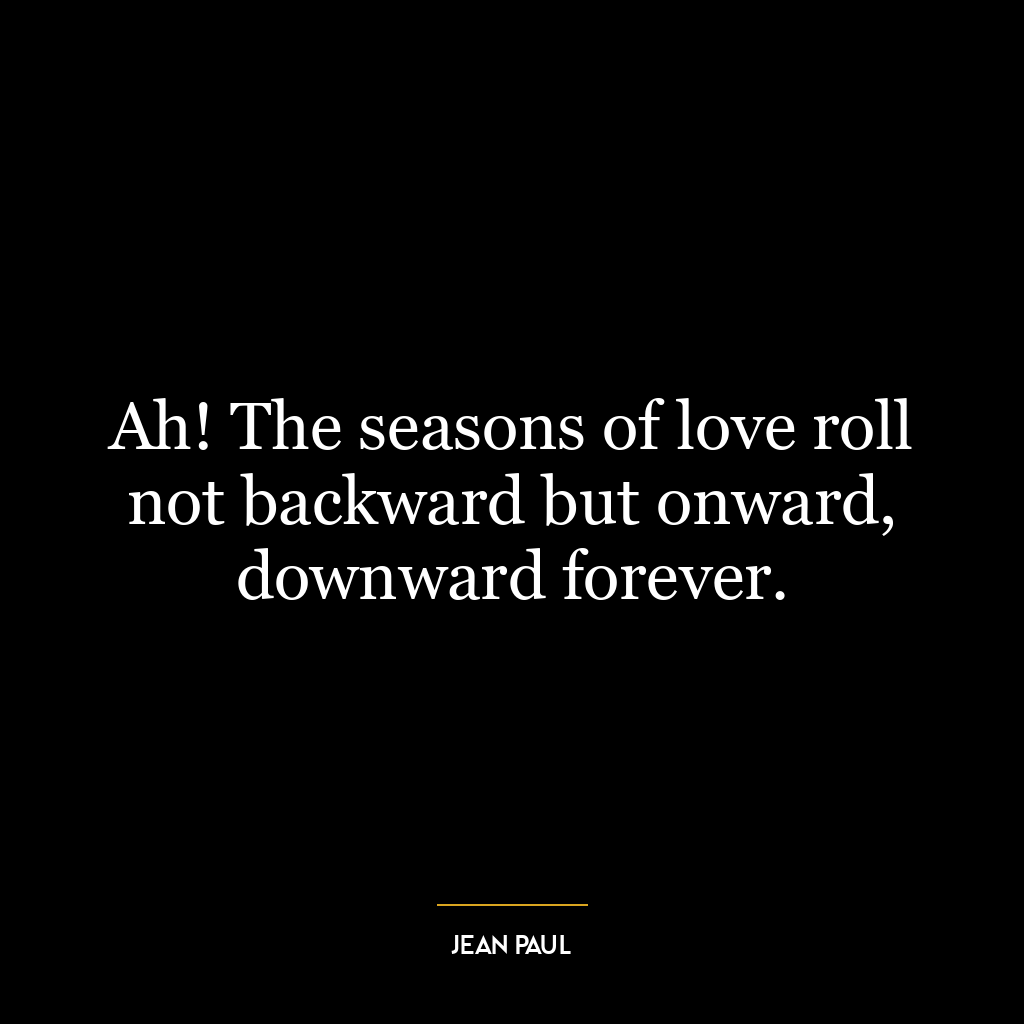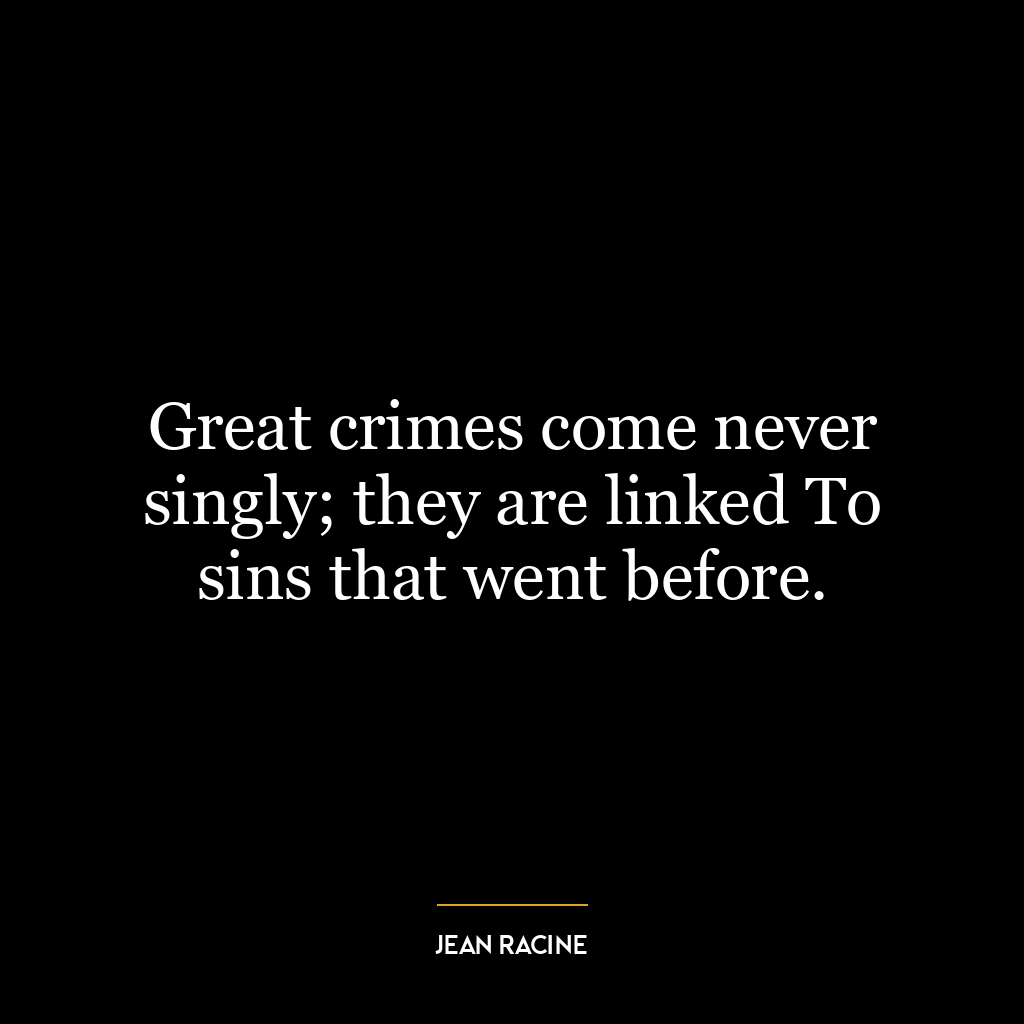This quote suggests that even in the most complex and diverse systems of belief (dark polytheism), there can be found some elements of a simpler, unified belief system (monotheism). In other words, even in the midst of chaos, confusion, and diversity, there are always traces of simplicity, unity, and order.
Kant is known for his philosophical explorations of order and reason, and this quote reflects his belief that reason and unity underpin all things. Polytheism, with its multiple deities and often complex mythologies, represents a kind of spiritual or philosophical diversity and complexity. Monotheism, with its single deity, represents unity and simplicity. Kant’s quote suggests that even within the most complex systems, there are hints of a simpler, underlying order.
Applying this idea to today’s world, we might consider the vast array of different cultures, belief systems, political ideologies, and ways of life that exist on our planet. Despite this incredible diversity, there are common threads that connect us all. These could be basic human values like love, respect, and justice, or fundamental needs like food, shelter, and community.
In terms of personal development, this quote might inspire us to seek the simple truths or principles that underlie our complex experiences and emotions. For example, we might feel overwhelmed by a complex problem or situation, but by breaking it down and seeking the underlying principles or truths, we can find a way forward. This approach can help us to navigate the complexities of life with more clarity and confidence.
In essence, Kant’s quote encourages us to seek unity in diversity, order in chaos, and simplicity in complexity. Whether we apply this to our understanding of the world or our personal growth, it’s a powerful reminder of the importance of seeking underlying truths and principles.



